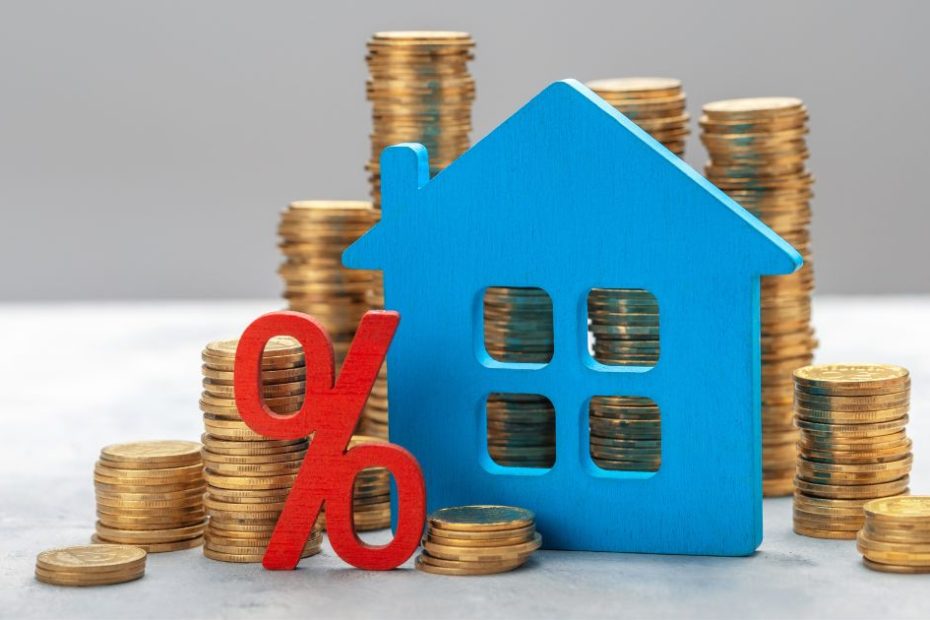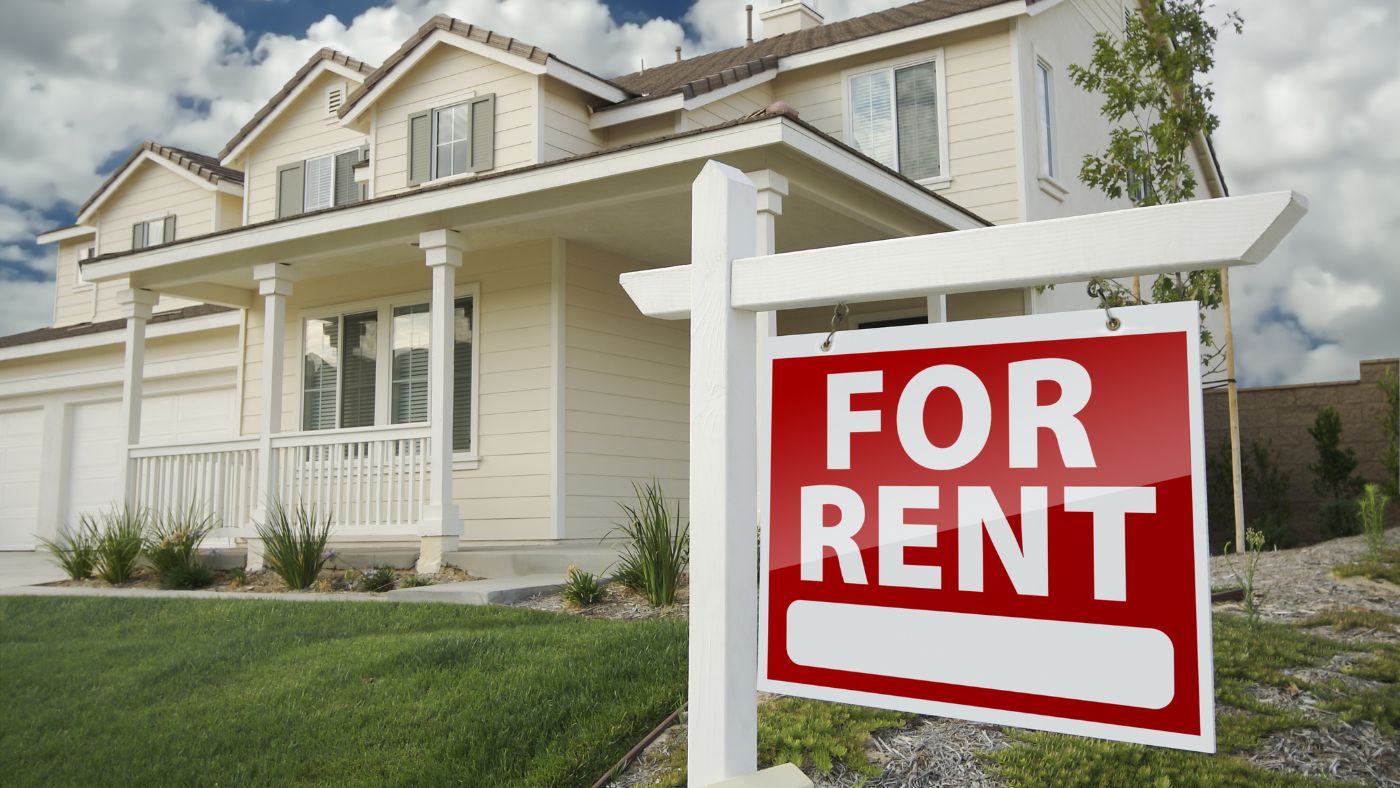Introduction: What Are Hard Money Loans?
Hard money is a term that is used almost exclusively in the United States and Canada, where these types of loans are most common. In commercial real estate, hard money developed as an alternative “last resort” for property owners seeking capital against the value of their holdings. The industry began in the late 1950s when the credit industry in the U.S. underwent drastic changes.
The Evolution and Regulation of Hard Money
From inception, the hard money field has always been formally unregulated by state or federal laws, although some restrictions on interest rates (usury laws) by state governments restrict the rates of hard money such that operations in several states, including Tennessee and Arkansas, are virtually untenable for lending firms. We outlined the laws and regulations governing hard money loans in Houston and provide tips for finding reputable lenders to help you achieve your investment goals.
Impact of the 2009 Mortgage Crisis
The hard money loan mortgage market has greatly expanded since the 2009 mortgage crisis with the passing of the Dodd Frank Act. The reason for this expansion is primarily due to the strict regulation put on banks and lenders in the mortgage qualification process. The Dodd Frank and Truth in Lending Act set forth Federal guidelines requiring mortgage originators, lenders, and mortgage brokers to evaluate the borrower’s ability to repay the loan on primary residences or face huge fines for noncompliance. Therefore, hard money lenders only lend on business purpose or commercial loans in order to avoid the risk of the loan falling within Dodd Frank, TILA, and HOEPA guidelines.
Determining Loan-to-Value (LTV)
Because the primary basis for making a hard money loan is the liquidation value of the collateral backing the note, hard money lenders will always want to determine the LTV (loan to value) prior to making any extension of financing. A hard money lender determines the value of the property through a BPO (broker price opinion) or an independent appraisal done by a licensed appraiser in the state in which the property is located.
Interest Rates and Loan Terms
The interest rates on hard money loans are typically higher than the rates charged for traditional business loans. The interest rates could range from 12% to 15%. Despite this, such loan options are popular for their fast approvals, higher flexibility, less tedious documentation procedures, and, at times, the only option for securing funds.
Advantages of Hard Money Loans
A hard money loan is a specific type of asset-based loan financing through which a borrower receives funds secured by real property. Hard money loans are typically issued by private investors or companies. Interest rates are typically higher than conventional commercial or residential property loans, because of the higher risk and shorter duration of the loan.
Usage and Comparison with Bridge Loans
Most hard money loans are used for projects lasting from a few months to a few years. Hard money is similar to a bridge loan, which usually has similar criteria for lending as well as cost to the borrowers. The primary difference is that a bridge loan often refers to a commercial property or investment property that may be in transition and does not yet qualify for traditional financing, whereas hard money often refers to not only an asset-based loan with a high interest rate but possibly a distressed financial situation, such as arrears on the existing mortgage, or where bankruptcy and foreclosure proceedings are occurring.
Loan Amount and Loan-to-Value Ratio
The loan amount the hard money lender is able to lend is determined by the ratio of loan amount divided by the value of the property. This is known as the loan to value (LTV). Many hard money lenders will lend up to 65–75% of the current value of the property. You may want to check out this hard money loan terms guide to get yourself familiarized with all the terms that may be new to you.
GL&L Holdings Loan Programs
GL&L Holdings offers a range of loan programs tailored to meet the diverse needs of real estate investors. Whether you are looking to finance a commercial property, bridge a short-term funding gap, or leverage your current real estate assets for additional capital, GL&L Holdings has the right solution for you. Our loan programs include:
- Fix & Flip Rehab Loans: Ideal for investors looking to purchase, renovate, and resell properties quickly. Learn more about our Fix & Flip Rehab Loans.
- New Construction Loans: Designed to provide the necessary capital for new construction projects from start to completion. Discover the benefits of our New Construction Loans.
- Cash-Out Refinancing: Use your property’s equity to secure funds for other investment opportunities or personal needs. Find out more about our Cash-Out Refinancing.
- DSCR Loans: Debt Service Coverage Ratio (DSCR) loans for properties that generate rental income, ensuring the property’s income covers the loan payments. Explore our DSCR Loan Program.
- Undeveloped Land Loans: Financing options for purchasing undeveloped land with potential for future development. Check out our Undeveloped Land Loans.
- Foreign National Passport Loans: Tailored loan programs for foreign nationals looking to invest in U.S. real estate. Learn about our Foreign National Passport Loans.
- Joint Ventures: Partner with GL&L Holdings for joint venture opportunities to maximize your investment potential. Discover the possibilities with our Joint Venture Program.
GL&L Holdings is committed to providing flexible, fast, and reliable financing solutions to help you achieve your real estate investment goals. Contact us today to discuss which loan program best fits your needs.


